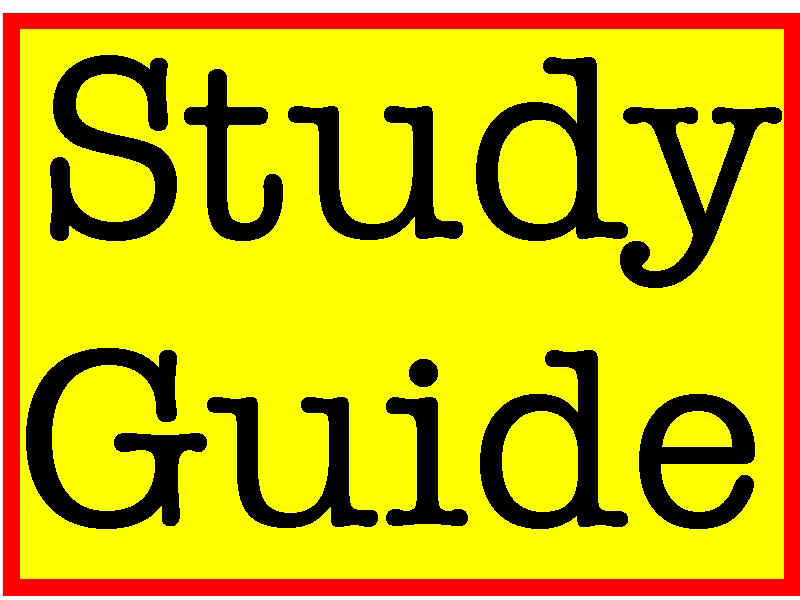| TOPIC |
ASSIGNMENT |
What Psychology is.
Historical overview
Perspectives
Specialties
|
Gerrig & Zimbardo, Chapter 1

QUIZ #1
|
Observational Method
Correlational Method
Survey Method
Experimental Method
Ethics
|
Gerrig & Zimbardo, Chapter 2 
QUIZ #2
|
Neurons
Nervous system
The Brain
|
Gerrig & Zimbardo, Chapter 3 
QUIZ #3
|
SENSATION AND PERCEPTION
|
Gerrig & Zimbardo, Chapters
4 & 5 
QUIZ #4
|
LEARNING
Learning.pdf
Classical conditioning
Operant Conditioning
Social Learning
|
Gerrig & Zimbardo, Chapter 7
QUIZ #5
|
MEMORY
Memory.pdf
Encoding
Storage
Retrieval
Short Term Memory
Long Term Memory
|
Gerrig & Zimbardo, Chapter 8 
QUIZ #6
|
INTELLIGENCE
Testing
& Intelligence.pdf
Psychological Measurement
Theories
Issues in intelligence
|
Gerrig & Zimbardo,
Chapter 1 pages 30-32, Chapter 10 
QUIZ #7
|
PERSONALITY
Personality.pdf
Psychoanalytic approaches
Trait approaches
Humanistic approaches
Social learning approaches
Psychometric approaches
|
Gerrig & Zimbardo, Chapter
14 
QUIZ #8
|
ABNORMAL BEHAVIOR
Abnormal Behavior.pdf
What is abnormal?
Anxiety disorders
Somatoform disorders
Dissociative Disorders
Mood disorders
Schizophrenia
|
Gerrig & Zimbardo, Chapter
15 
QUIZ #9
|
THERAPY
Therapy.pdf
Psychodynamic approaches
Behavioral approaches
Humanistic approaches
Cognitive approaches
|
Gerrig & Zimbardo. Chapter
16 
QUIZ #10
|
Your Choice
The Mind and Consciousness
Human Development
Social Psychology
|
Gerrig & Zimbardo,
TBA
QUIZ
#11
|